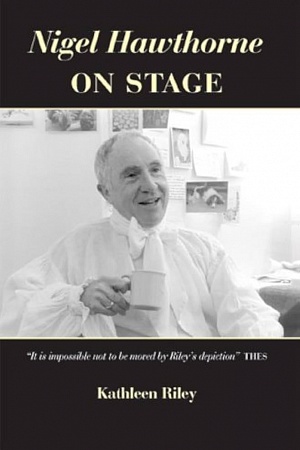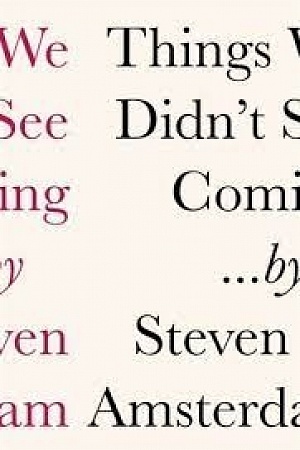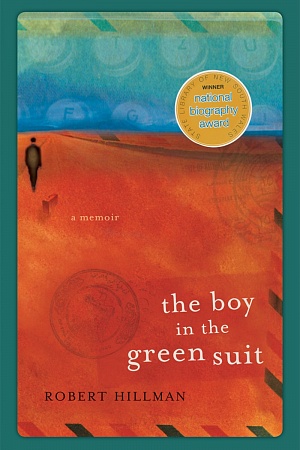One Man’s Way
Penguin, $9.95 pb, 256 pp
Not ‘Holmes the Man’
Like many students of Australian film, I became aware of Cecil Holmes’s work through the viewing of a scratched print of Three in One in a lecture hall in one of our tertiary institutions, many years after it had failed to gain general release within Australia and killed off the dream of an indigenous film industry, yet again. A brave and naïve film, it was clearly well-made, stylish, and addressed a local audience without condescension or parochialism. Three in One was an early hint of what an Australian cinema might look like, and is now held to be one of the landmarks in the history of Australian film. To those who see the film now, though, its maker must seem to have suffered the same fate as its optimistically named production company, New Dawn Films. There is some satisfaction, then, in reading One Man’s Way to see what did happen to a substantial talent squandered by an insecure and conservative Australian film industry.
That question is not the book’s subject, although one suspects it could well have been. One Man’s Way is an autobiography of sorts, collecting a body of Cecil Holmes’s writings, arranging them in chronological order, adding updates and postscripts where necessary and allowing them to speak for the man. It covers a period of over forty years, from 1939 to 1983, following Holmes’ career as film-maker, journalist, and notorious communist. The range of material and subjects is wide: the political problems of the Timorese, the recording of an Aboriginal ceremony, a chilling observation of Hiroshima after the bomb, an eyewitness account of Cyclone Tracy and its aftermath, and travellers’ tales of the Solomons, Eastern Europe, Russia, China, New York and the bush. All are marked with a particular perspective: the sense for the human and the idiosyncratic, as well as a sharp awareness of the importance of politics in the construction of our lives – no matter where we live. It is an account of a life that has been full of frustration and pitfalls, but a life that is also rich and vividly experienced.
Continue reading for only $10 per month. Subscribe and gain full access to Australian Book Review. Already a subscriber? Sign in. If you need assistance, feel free to contact us.














Leave a comment
If you are an ABR subscriber, you will need to sign in to post a comment.
If you have forgotten your sign in details, or if you receive an error message when trying to submit your comment, please email your comment (and the name of the article to which it relates) to ABR Comments. We will review your comment and, subject to approval, we will post it under your name.
Please note that all comments must be approved by ABR and comply with our Terms & Conditions.